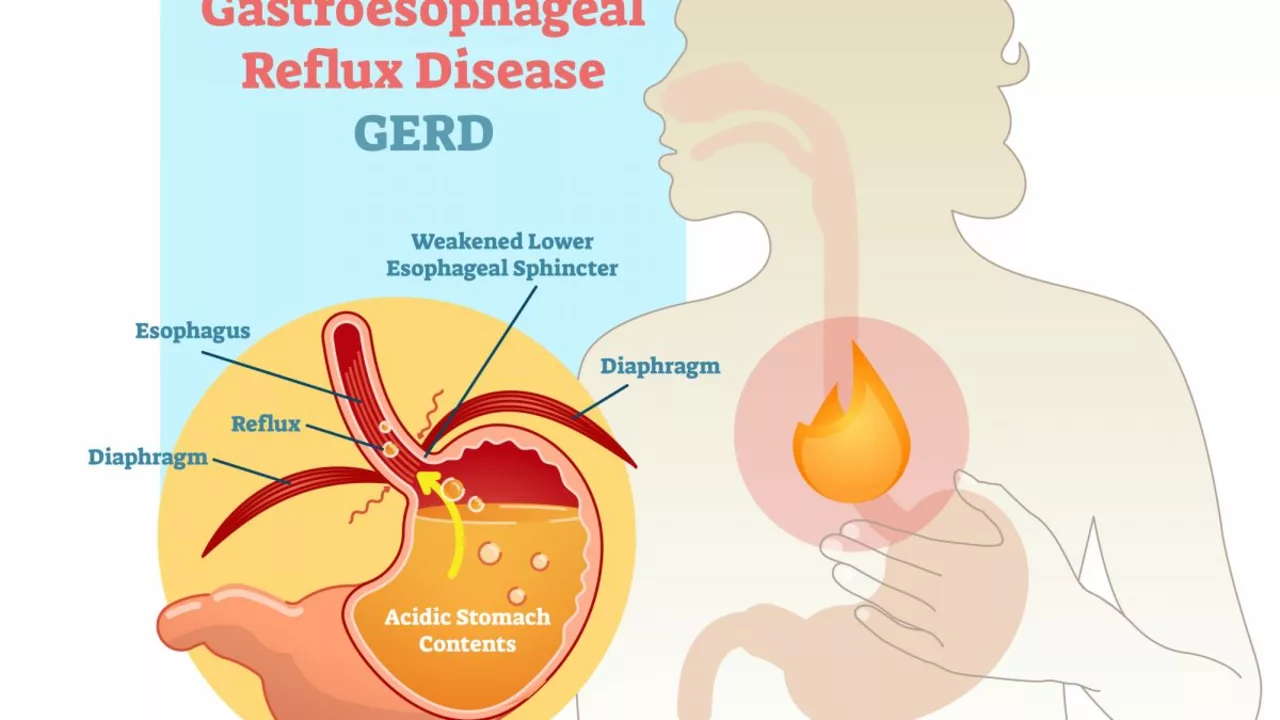Daily Living — Practical Health Tips for Everyday Life
Trying to balance meds, work, travel, and a social life? The small, everyday choices matter. This tag collects clear, usable advice you can apply right now — from how to take common drugs safely to simple routines that keep chronic conditions stable.
Medication safety you can use today
Keep a current med list and share it with every provider you see. Note prescription names, doses, and why you take them. That one page prevents bad interactions and duplicated treatments. When starting a new drug, ask: what are the top two side effects I should watch for, and what interactions matter most? For online pharmacy shopping, pick sites with clear contact info, pharmacist access, and verifiable reviews. If you’re unsure about a site, our guides on buying Omeprazole online and checking edrugstore.com explain exact steps to verify legitimacy.
Storage matters: heat and sunlight can alter many meds. Store inhalers, insulin, and some antibiotics according to the label. If you travel, keep meds in your carry-on and carry a copy of your prescriptions or a doctor’s note for border checks.
Practical tips for daily problems
Got acne and a social life? If you use spironolactone, pace alcohol and hydrate — our spironolactone guide gives real tips for balancing safety and nights out. Flying soon? To cut swelling on long flights, get up every hour, flex your calves, and drink water. For people with arrhythmias, pack a clear plan: medication timings, emergency contacts, and a list of triggers you avoid. Small prep like this makes travel less risky and more relaxing.
If heartburn or GERD is part of your routine, lifestyle tweaks often help as much as meds: avoid late meals, elevate your head while sleeping, and track trigger foods. Our 2025 GERD guide compares common meds like omeprazole and pantoprazole and shows which situations favor one drug over the other.
Worried about supplements or alternatives to prescription meds? Look for science-backed options and talk to your clinician before switching. We cover OTC choices for insulin resistance and practical alternatives to common prescriptions so you know what has evidence and what’s just hype.
Finally, everyday health is more than pills: routines matter. Sleep roughly the same hours, move a little every day, and build a simple food habit you can keep — not a perfect diet you quit. Small, consistent steps add up faster than dramatic one-time fixes.
Want targeted reads? Check articles on hair regrowth (Rogaine), safe antibiotic use, or finding affordable inhalers. If you have questions about any post, use our contact page — a short message can point you to the right guide or checklist.
Daily living isn’t about perfection. It’s about clear moves that reduce risk, save time, and keep you feeling more in control. Start with one change this week and build from there.
The Impact of GERD on Quality of Life: How Gastroesophageal Reflux Disease Affects Daily Living
As someone who suffers from GERD, I can attest to the impact this condition has on daily life. The constant heartburn, regurgitation, and chest pain make even simple tasks challenging. Due to disrupted sleep patterns, many of us also experience fatigue, which affects our productivity and mood. Additionally, GERD sufferers often have to make significant dietary adjustments to manage symptoms, which can be frustrating and isolating. In summary, GERD significantly impacts our quality of life, making everyday activities more difficult and limiting our food choices.

